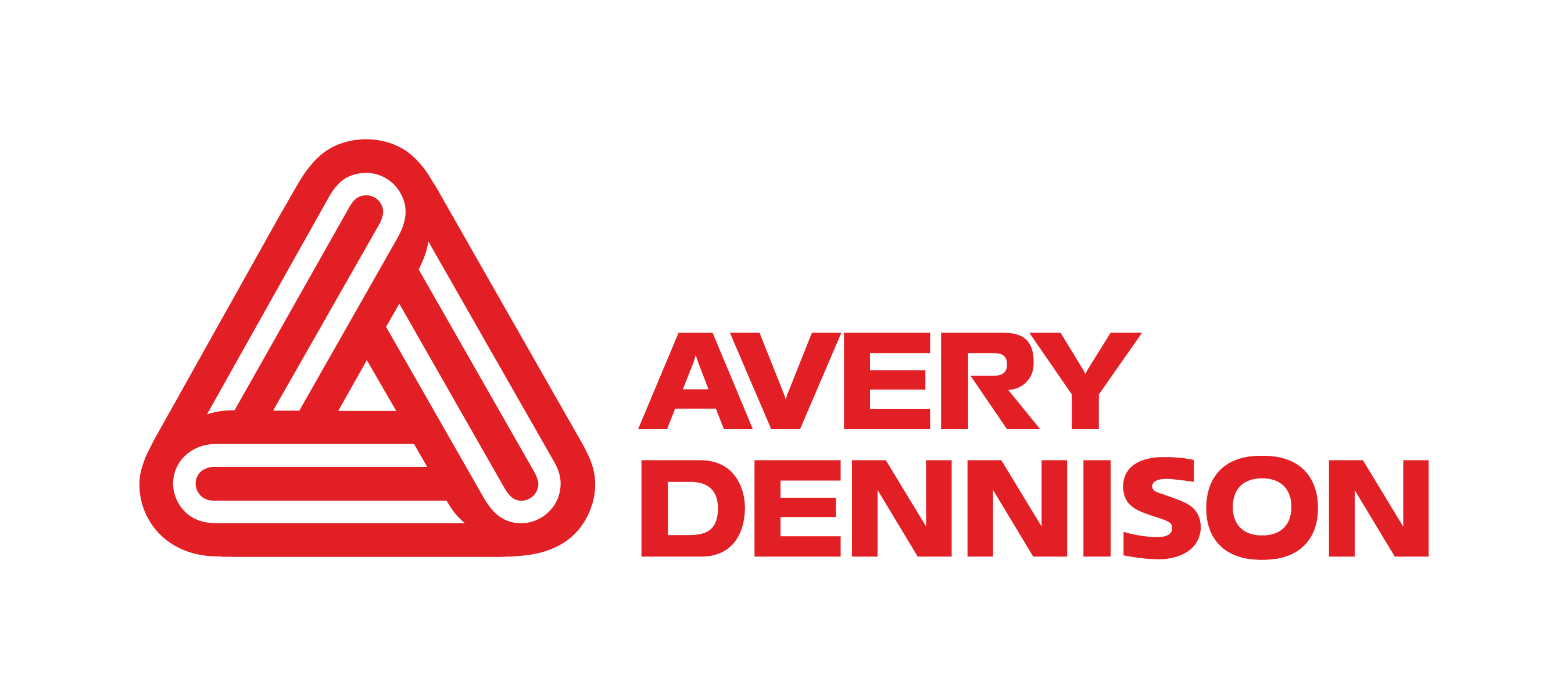Navigating the switch to rPET
That teamwork came into sharp focus during the recent transition to recycled-content polyester, driven by Avery Dennison. The introduction of our rPET materials marked a big step toward meeting the shared sustainability goals of both companies and preparing for upcoming industry regulations.
“Honestly, I had mixed feelings at first,” Tasmin admits. “I soon realised that it’s absolutely the right move because of upcoming regulations and our own sustainability goals, but any change also means extra work.”
Early, proactive communication made all the difference. “Instead of suddenly announcing a switch, Avery Dennison gave us the time to plan and manage the change properly,” says Tasmin. That was critical for a company serving both general technical markets and demanding automotive customers. “Some don’t mind material changes as long as it works, but in automotive, even a simple name change can take five months of validation. Having the time and information to prepare was helpful.”
Internally, Robos-labels approached the transition systematically: mapping where each material was used, segmenting customers and allocating remaining stock to those with longer qualification timelines. “In the past, we might have managed one or two changes a year. Switching to rPET touched many products at once. It pushed us to build a much more stable process for change management.”
Trust, partnership and performance
Customer reactions ranged from enthusiastic to neutral, but performance was never compromised. “Some customers are now explicitly asking for recycled content. For others, especially in automotive, it’s more about performance and compliance. Our labels often last more than ten years, so long-term reliability is important.”
Initial doubts about recycled-content film performance were eased with testing and data. “So far, we haven’t seen any negative impact,” Tasmin explains. “We’re more cautious with adhesives, but the films have performed excellently. The support we received from Avery Dennison with lab data and test results really helped reassure both us and our customers.”
For Tasmin, the transition marked a change in mindset as much as in materials. “We rely on strong partnerships. This worked because we weren’t left to manage it alone. We share the same sustainability goals with Avery Dennison and it’s good to know we’re part of a system all working in the same direction.”
The rPET project has become a benchmark inside Robos-labels for how to manage complex change while staying true to their values. It reinforced the importance of trust in the supply chain, improved their internal processes and proved that sustainability and performance can go hand in hand. As the automotive industry faces new demands, that combination of agility and partnership leaves Robos-labels well-prepared for whatever comes next.



